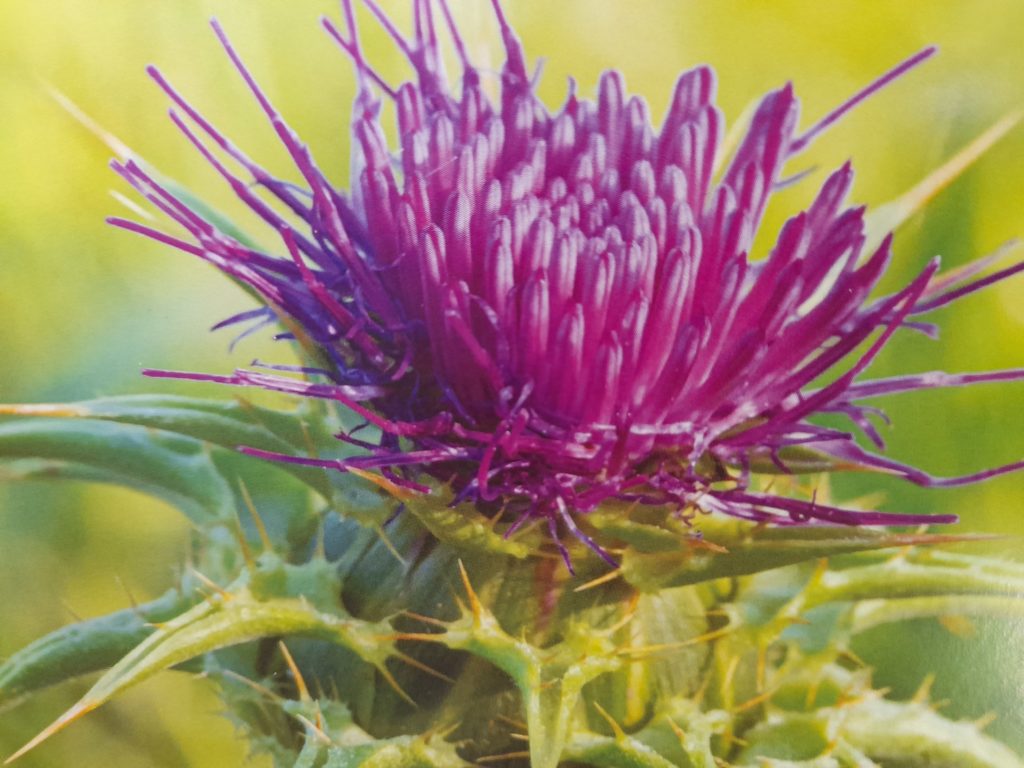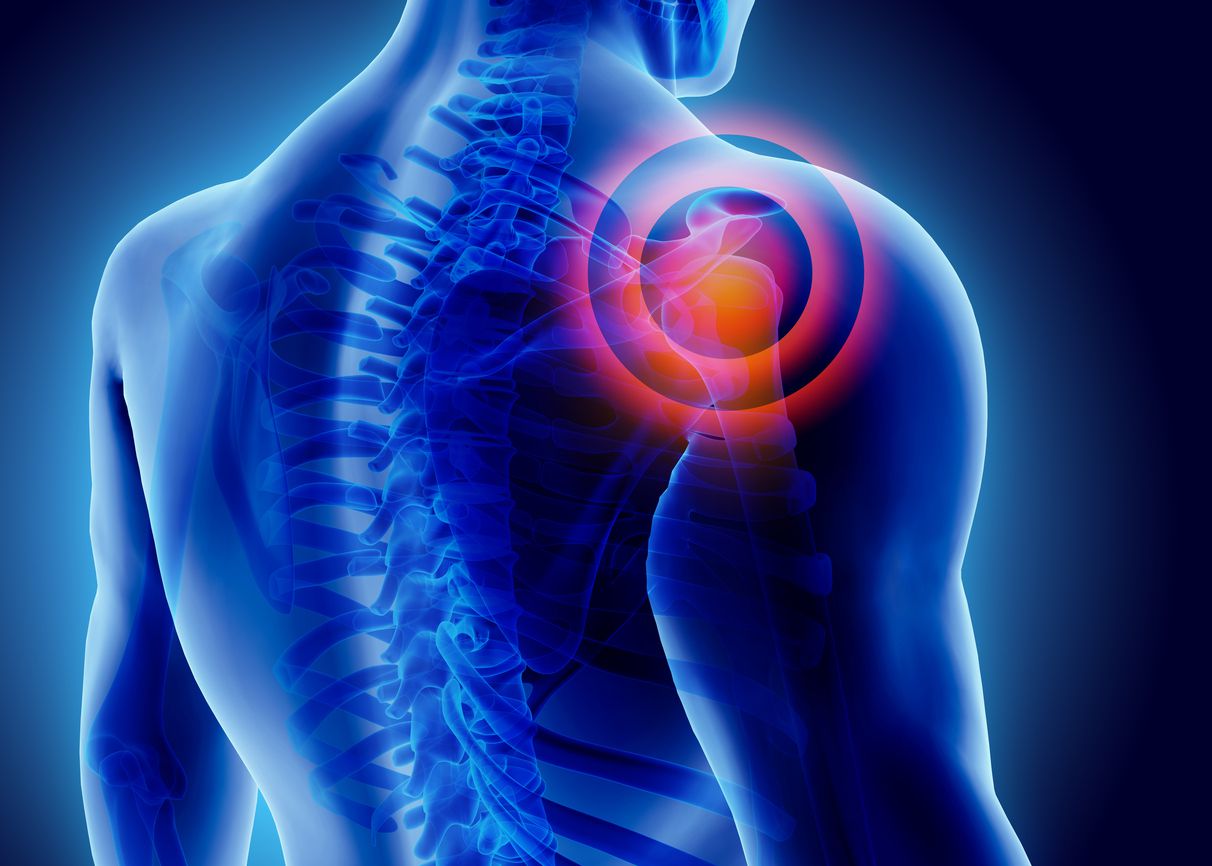CHRONIC PAIN Part 2: How Naturopathic and Complementary medicine may help you
According to a recent article from the Blackmores Institute, chronic pain impacts more than 3 1/2 million Australians, including 1 in 5 Australians aged over 45 years. That number is rising at an alarming rate – it’s expected to be over 5 million by 2050.
What is chronic/persistent pain?
It’s an invisible condition that involves persistent pain on most days of the week – pain that significantly reduces a person’s productivity and overall quality of life. In contrast to acute pain – which has a short term benefit of making us act protectively while we heal, chronic pain last for months and often years – way beyond any normal period of healing.
Some common types of chronic pain include back pain, neck pain, cancer, fibromyalgia, arthritis, migraines – and about half of all chronic pain is musculoskeletal – involving bones, joints and inflammatory processes.
There is also an increasing body of evidence that chronic pain and mental health issues are closely intertwined.
Despite advancements in research, chronic pain remains poorly controlled for many people. While there is increasing evidence that a multidisciplinary approach to pain management can deliver good results, only 1 in 100 Australians living with chronic pain have access to multidisciplinary pain management.
The limitations of pharmaceutical analgesics
Most Australians (9 in 10) only have access to pain medications. Their GP can offer them drugs such as paracetamol, non-steroidal anti-inflammatory drugs (NSAIDs) and opioids – drugs that are often used to treat the symptoms of pain. Nearly 60% of people with chronic pain were dispensed analgesics in 2016.
However, these medications can have serious risks, side effects and complications associated with their use, including nausea, constipation, addiction, overdose, kidney failure, liver damage and gastrointestinal bleeding. So people are looking for alternatives to analgesics – and natural pain relief rather than pharmaceuticals with dangerous side effects.
There are an increasing number of complementary medicines that show promising results as safe alternatives – or complements to – pharmaceutical analgesics for the overall management of pain.
An increasing number of studies also highlight the impact of positive psychological factors, such as hope, pain acceptance, and optimism, on individuals’ adjustment to ongoing pain.
It is becoming clear that maintaining good health can promote healing and mitigate the progression of pain from acute to chronic.
Natural Alternatives for the Management of Chronic Pain
A variety of holistic approaches have been shown to assist with pain management, such as acupuncture, mindfulness meditation, massage, exercise, tai chi and yoga, with a combination of therapies often more effective than just one.
Certain nutrients and herbs have also shown powerful analgesic and anti-inflammatory effects, having a significant impact on pain symptoms. Additionally, it is important to address areas such as mood, sleep, gut health, and liver function, to enhance efforts to alleviate pain and reduce inflammation.
Many Naturopathic and Complementary products operate at a systemic level, and have multiple health benefits. For example, from the following catalogue of remedies:
- Silymarin and alpha-lipoic acid are of of benefit for treating diabetes.
- Omega-rich oils are good for heart health and cardio-vascular disease.
- L-Glutamine is also beneficial for a range of gut issues.
Key Alternative Medicinals for Managing Chronic Pain
If you suffer chronic pain, then it could be useful to explore this list of key Naturopathic and Complementary ingredients. It’s possible for them to be combined in some Naturopathic products, so “read the label” and get some savvy advice.
PEA (PalmitoylEthanolAmide)
PEA is a fatty acid molecule that is naturally produced in the human body in response to pain and inflammation. It also helps to support the sheath around nerves that is essential for healthy nerve function. (Read more about PEA and it’s benefits in my previous post CHRONIC PAIN Part 1).
Curcurmin
Curcurmin is a naturally occurring anti-inflammatory. There are several types of Curcumins which naturally occur in turmeric. Curcumin is a concentrated extract of turmeric. It helps reduce pain signals as well as providing anti-inflammatory benefits. It’s important to choose a supplement that is bio-available – so your body can benefit from it.
Alpha Lipoic Acid
Alpha-lipoic acid is an antioxidant made by the body, and helps turn glucose into energy. It’s soluble in both fat and water. It has antioxidant and anti-inflammatory properties that have been found to assist in the reduction of non-specific pain.
Magnesium
Magnesium is a mineral supplement that helps interrupt pain signal transmission and perception. It is a safe and well-studied supplement. Dosage and the type of magnesium all have different applications. If you can’t get some help with your pain, it could be that you are taking too little or the wrong type for your body or you may not be absorbing it properly. Some people find it helpful to rub magnesium oils onto their aching joints. (or use Epsom Salt baths – which are high in Magnesium).
Magnesium is also known as a calming or relaxing nutrient that can help with sleep and anxiety – those debilitating co-effects of chronic pain.
Fish Oils (and their plant equivalents)
Omega-rich oils are known to reduce pain and inflammation and support nerve function and many foods can provide them. (For example, a large piece of salmon will provide about 1g omega-3 oils. )
Other omega-rich foods to consider, include avocado, walnuts and ground flaxseeds. There are now algal (seaweed) sources of omega-3 oils which show promise in treating chronic pain, which have additional environmental benefits.
L-Glutamine
L-Glutamine is an amino acid (or protein). Your body can make a certain amount of it – but not the full amount you may need. It’s available from both plant and animal proteins.
L-Glutamine supplementation has been found to reduce the cartilage degradation and pain of knee osteoarthritis in animal studies as well as some human studies.

St Mary’s Thistle (Silymarin)
Your liver helps to make natural pain relieving substances like hormones (serotonin, dopamine) inside your body. Silymarin (derived from St Mary’s Thistle) can help your liver’s ability to produce these pain relieving substances.
Your liver can help you excrete excess inflammation and pain causing substances (like cytokines) from your body. Silymarin in the correct dosage and strength can support your liver in functioning well.
Valerian
Valerian is useful for treating anxiety and sleep interruptions from any source – including symptoms caused by chronic pain. It helps break the downward spiral of anxiety, pain and insomnia.
Some people find that Valerian actually keeps them awake – so we have another powerful herbal medicine called Mexican valerian which works just as well without the wakeful effect.
The right combination of Naturopathic and Complementary medicine treatments can help with Chronic Pain management
Chronic pain is an onging and growing problem in Australia today – one that is massively expensive. Mainstream medicine that’s commonly provided by GPs is limited to pharmaceutical analgesics that come with long term side effects and health risks.
Naturopathic and complementary remedies can assist in managing chronic pain – if they’re carefully selected for the needs of the individual. There is an increasing body of evidence supporting the validity of many such treatments and quantifying safe and effective dosages.
The naturopathic approach of treating the whole person, not just one set of symptoms can also provide more effective pain management than the average GP has the resources to provide.
So if you’re struggling to live with chronic pain and all your GP can say is “you’re getting old” or “you’re on the maximum dose” or “surgery is the only answer now”, then consult with your experienced, informed Naturopath for further information and a Consultation to best help you.



